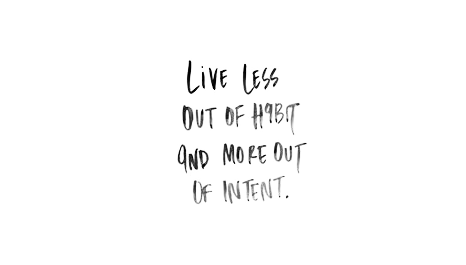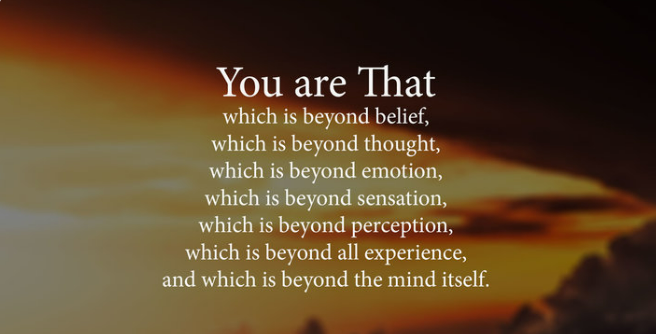Thoughts & Beliefs
In the-hum meetings attendees have been frequently exploring the role of thoughts in our lives, and how thoughts are being handled in mediation practice.
What are thoughts?
For most people, they seem to occur in uttering of language, coming through as the proverbial “voice inside our heads”. Ephemeral by nature, they seem to emerge out of nowhere, often triggered by situations that unleash a cascade of memories, which create a chain reaction of particular threads of past events that are somehow spun together to weave the fabric of a story. These stories can often be reduced to particular beliefs and belief systems.
What are beliefs?
As a fly on the wall, listening in on casual conversation between people, most of what is expressed and asserted are beliefs, often disguised as judgments about the beliefs and actions of others and the self. They show up in many shades and colors, like assertions or assumptions about this or that. Other forms are recommendations or prescriptions, intended to help others and the self to resolve a particular issue, or simply to feel better. Beliefs are the currency of the mind, i.e. that is how the mind functions, by activating one strategy in a particular situation, and a different approach in another situation.
It is often beliefs that ultimately determine the course a human life takes, the type of actions taken by a person in a particular point in time in their life.
All the above is based on a fundamental belief that there is a separate being, called a personal or egoic self, or short, a “me”. Nondualism questions and rejects that notion, as there is the principle of no-separation, which essentially negates the existence of form as separate from the undivided whole.
So all these considerations and explorations about the mind and its m.o. are based on presuming that there is an individual – a belief that is common to pretty much all philosophic and spiritual systems – except for the more radical threads of nondualism.
Below is an excerpt from the Avatar Materials, a spiritual course that revolutionized this characters perception of “self” and “the world” – notably by introducing an awareness of what beliefs are. – Notice though, that the Avatar materials are clearly distinct from any nondual perspectives, as they operate with the presumption that there is a “source being” that navigates life as a separate entity, using their power of will to create realities they prefer to experience. Nonduality presumes that there is no separation, a perspective that is clearly different from that of most other belief systems.
NOTE: Introducing these materials does not intend to endorse or recommend their relevance in spiritual practice – rather, they are mentioned mostly as examples of systems that have taken a particular interest in the relationship between beliefs and experience.
Moving beyond the argument
People usually argue for or against beliefs about what is true.
– Harry Palmer
They practice something because they believe it is true. Someone says, “This is the way to live,” and because they are convincing, or a charismatic role model, or have some power over you, you believe their instructions. I’m not saying that this is necessarily a bad thing, but it is the big difference between Avatar and most other practices. Avatar is not going to tell you what to believe.
It will reveal to you what you already believe and why.
Avatar® will show you how to connect the dots between what you are believing and what you are experiencing in life, and it will teach you how to dissolve a belief that is creating an experience that you don’t prefer.
The focus is on exploring consciousness and only changing the things in life that you want to change.
How do different belief systems work?
Hear a talk (see below) describing the 4 types of belief systems, how they influence people, and how they show up in yourself and others.
Which type of beliefs would you prefer to hold?



